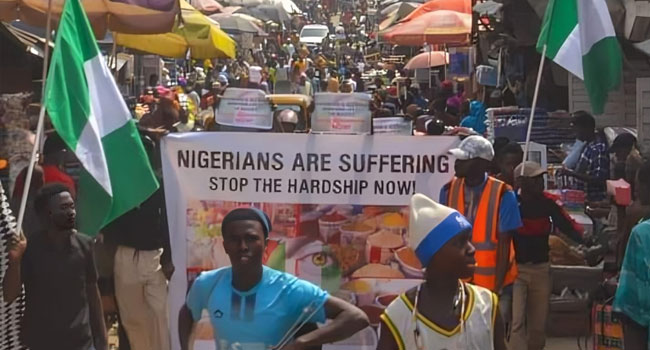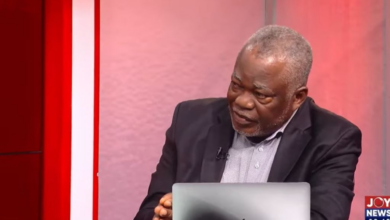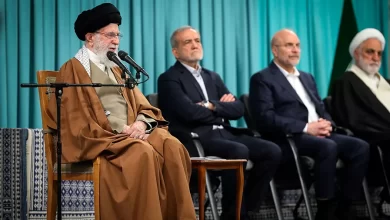
With placards reading ‘end bad government now’ and ‘end hunger’, residents of one of Nigeria’s largest cities took to the streets on Monday (Feb.19).
Large crowds marched through the centre of Ibadan, in the country’s west.
According to government statistics, the inflation rate in January rose to 29.9%, its highest since 1996, mainly driven by food and non-alcoholic beverages.
“This country is bleeding, this country is hard, this country is angry. People are suffering. No one can afford three square meals, even two square meals in our dear country today again. Inflation on all goods. Inflation of foods, inflation of cement, inflation of cloth, inflation of motors (cars), inflation of bikes, inflation of transportation from one point to another. That’s why we come out for a peaceful protest,” Sodiq, an artisan said.
Nigerians are facing one of the West African nation’s worst economic crises in as many years triggered by a surging inflation rate which follows monetary policies that have dipped the local currency to an all-time low against the dollar, provoking anger and protests across the country.
“Everything is expensive,” fashion designer Oilatan laments.
“There’s nothing we want to do in Nigeria with ease, we just hope things get better. Everything, even our parents are complaining, we too are complaining. People want to go to school but there’s no money, please help us beg President (bola) Tinubu.”
Bola Tinubu’s government launched reforms last year that saw the removal of gas subsidies.
This eroded incomes and savings while squeezing millions already struggling with hardship. A situation worsened by a plummeting currency.
DISCLAIMER: The Views, Comments, Opinions, Contributions and Statements made by Readers and Contributors on this platform do not necessarily represent the views of Ahotor FM.




